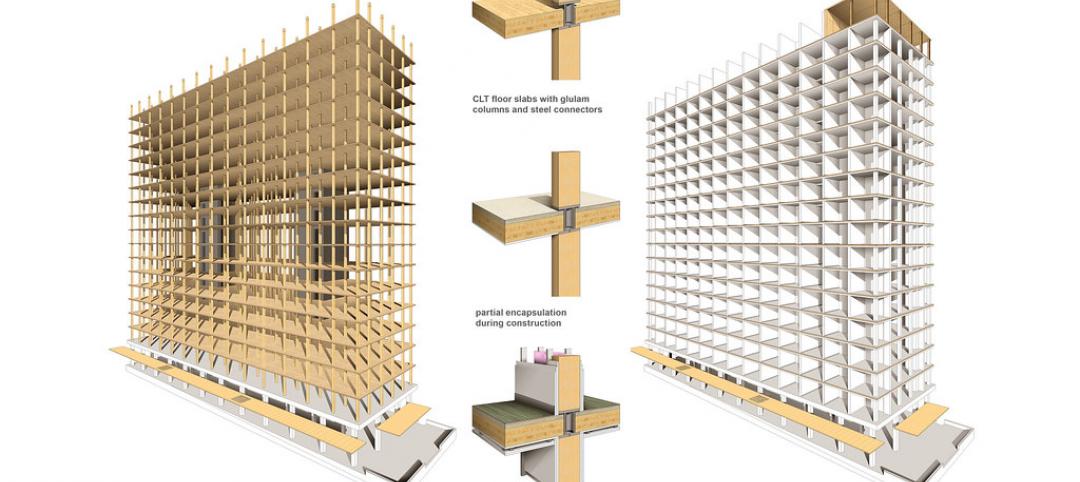A coalition of manufacturers, utilities, trade associations, and advocacy groups are urging Congress to double the funding for the U.S. Energy Star program.
Energy Star, housed mostly within the Environmental Protection Agency, “delivers a remarkable bang for the buck in reducing greenhouse gas emissions, accounting for 330 million metric tons of avoided emission reduction each year—roughly 5% of total U.S. greenhouse gas emissions annually,” according to a letter sent to Congress by the coalition. “Meanwhile, the program saves American consumers and businesses more than $35 billion annually in avoided energy costs.”
The program has seen its budget steadily decline in recent years with overall cuts at EPA. Adjusted for inflation, its budget, today at $35 million, would need to be about $65 million to keep pace with funding levels of a decade ago, the coalition says.
“We know that Congress is looking for innovative, cost-effective, and high-impact approaches for achieving emissions reductions while also boosting economic productivity,” the letter continues. “Energy Star meets all of those criteria through a voluntary, market-based program with a relatively low cost and with enormous untapped potential.”
Related Stories
Codes and Standards | Aug 29, 2019
Code-conforming wood design guide available
The guide summarizes provisions for the use of wood and wood products in the 2018 IBC.
Codes and Standards | Aug 29, 2019
LEED residential market up 19% since 2017
The U.S. Green Building Council says that the LEED residential market has grown 19% since 2017. Nearly 500,000 single family, multifamily, and affordable housing units have been certified globally.
Codes and Standards | Aug 27, 2019
Slower speed limits in urban areas offer multiple benefits
Improved safety, better adoption of electric scooters and autonomous vehicles are possible if drivers ease off the accelerator.
Codes and Standards | Aug 27, 2019
Renewables creating significant savings for commercial and public facilities
Payback ranges from five to 15 years.
Codes and Standards | Aug 27, 2019
Oregon rescinds tsunami-zone construction ban
Other states have no ban, but have strengthened building codes for tidal wave resilience.
Urban Planning | Aug 27, 2019
Pop-up parks revitalize empty lots
Pop-up parks that provide instant open areas for public use and programming can revitalize under-utilized spaces and add vibrancy to neighborhoods.
Codes and Standards | Aug 22, 2019
Texas flood prevention initiative would create nation’s most ambitious barrier system
Plan including sand dunes and mechanical barriers would cost as much as $32 billion.
Codes and Standards | Aug 22, 2019
Multimedia app identifies construction hazards
Researchers say program will reduce injuries, save lives.
Codes and Standards | Aug 22, 2019
Cities take action to keep cool as climate heats up
Initiatives include cool streets, cool roofs, and broader urban tree canopy.
Codes and Standards | Aug 22, 2019
5G expected to give a boost to construction technology
Virtual reality, Internet of Things, robotics, and drones will all benefit from enhanced data flows.

















